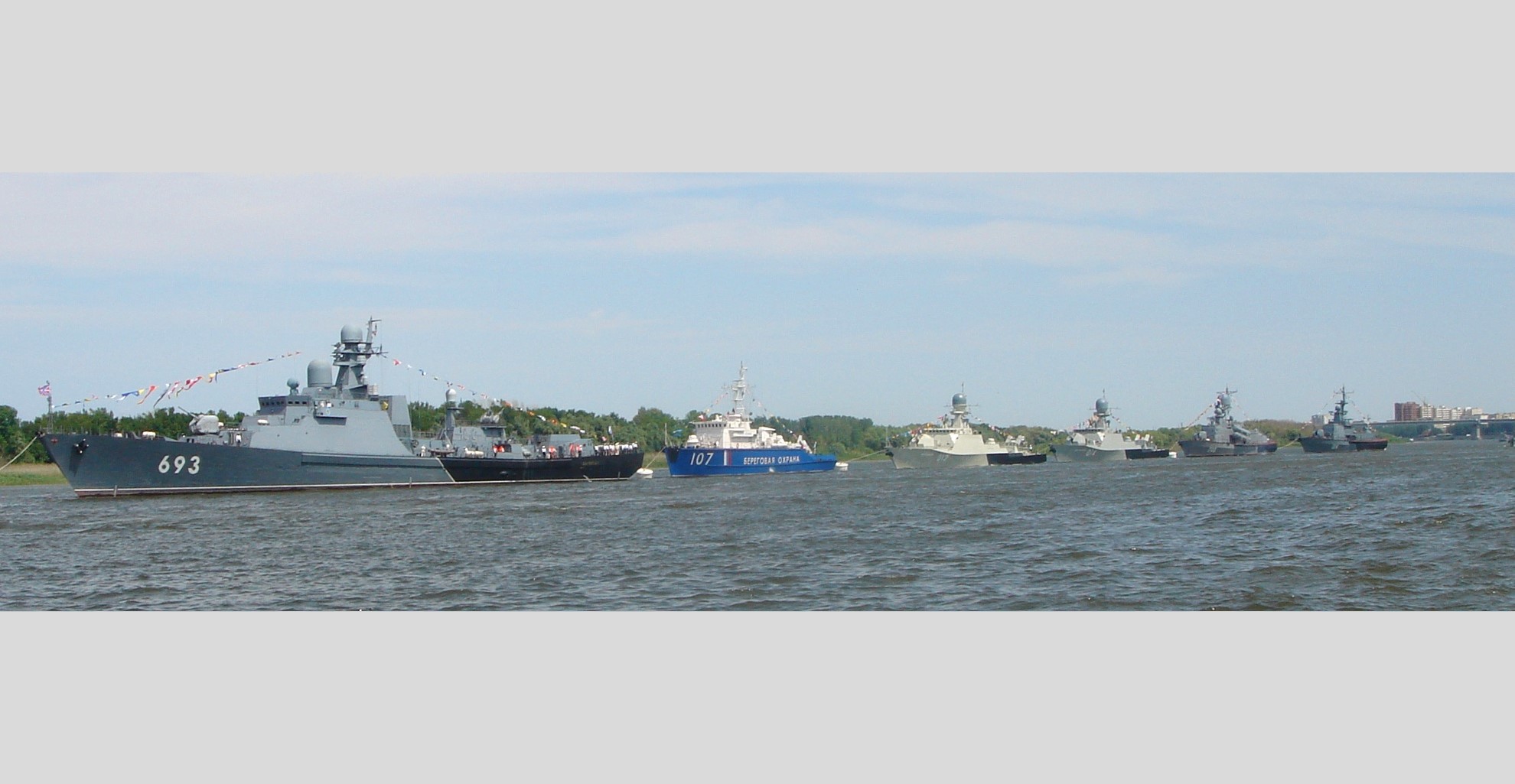Last week, officials of China’s CCCC Dredging Group met in Astrakhan with representatives of the Russian enterprise responsible for the management of the Volga-Don Canal to discuss possible Chinese participation in dredging operations there to widen and deepen that waterway.
That may seem like a routine economic measure, but in fact it has profound national security implications because Moscow currently uses the Volga-Don canal to shift naval vessels back and forth between the Caspian Sea to the east and the Sea of Azov and Black Sea to the West (jamestown.org, jamestown.org and jamestown.org).
Because of siltification and low water levels, Moscow has sometimes encountered delays in moving naval vessels through this waterway; and it has even discussed the possibility of digging a new canal between the Caspian and the Sea of Azov (windowoneurasia2.blogspot.com and windowoneurasia2.blogspot.com).
Related: Moscow moving 15 warships from Caspian Sea to waters off Ukraine
But that would be prohibitively expensive and take many years to complete, and so the Russian government has concluded that deepening and widening the Volga-Don Canal is a better choice given how dependent Russian forces now are on moving Russian naval vessels from the Caspian to threaten Ukraine.
Russia lacks the capacity to do this work itself and so is turning to China, but if Beijing agrees to help in this way, it will be providing Russia with military assistance that the West has warned it against doing, even though a casual glance at this possibility does not immediately suggest the security dimensions involved.
Read More:
- Russia effectively seizes control of Sea of Azov, threatening Ukraine
- Russia’s strategy in the Sea of Azov: The Kerch Bridge, artificial shipping delays and continued harm to Ukraine
- “Black Sea mosquito fleet”: how the UK will help Ukraine regain its naval footing
- Moscow moving 15 warships from Caspian Sea to waters off Ukraine





